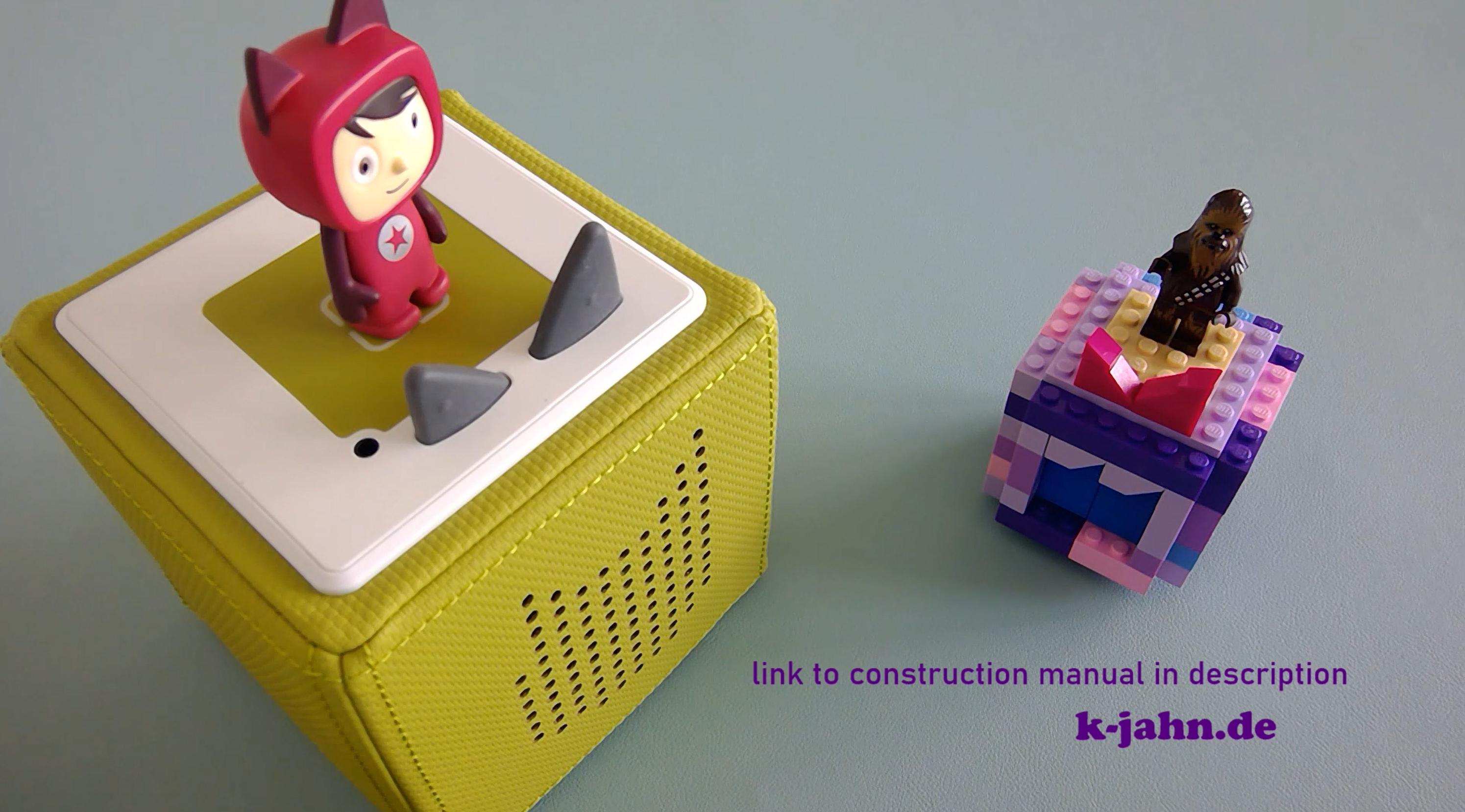 Just recently, I learned about the story from the blind men and an elephant and was amazed at once. Apparently it is an old tale with its origins in south Asia. The goes something like this:
Just recently, I learned about the story from the blind men and an elephant and was amazed at once. Apparently it is an old tale with its origins in south Asia. The goes something like this:
A group of blind men touch different body parts of an elephant; one part each. Everyone thinks of the elephant as being something different. The one touching a leg claims it was a tree. The one on the trunk calls it a snake. One on the side of the elephant thinks it was a wall. And so on.
I find this tale amazing for two reasons. First, my imagination produces the most hilarious cartoons about the discussions of blind men, scattered on and around an elephant. The second reason is that this tale describes my field of interest pretty well, even though it is actually related to the different realities that people have. Everybody has their very own island of knowledge, but in too many cases the communication between the people is simply not good. We often don’t share enough of what we know, to help each other gaining the greater picture.
It is a commonly known problem of us humans that we think others know what we want or mean. Psychologists call this the illusion of transparency. Truth is, people can always just look at ones face, not into the head. Also, we think that we’re much smarter than anyone else, really, way too often. Obviously not true.
Both, my research and experience shows that communication is usually not considered as something that creates value or might be important. Except for larger meetings, where half of the participants are bored, communication is often seen as something that does not need any further attention. This, however, is the wrong approach. Communication is necessary. Only a team that is able to communicate has the power of we.



0 Comments